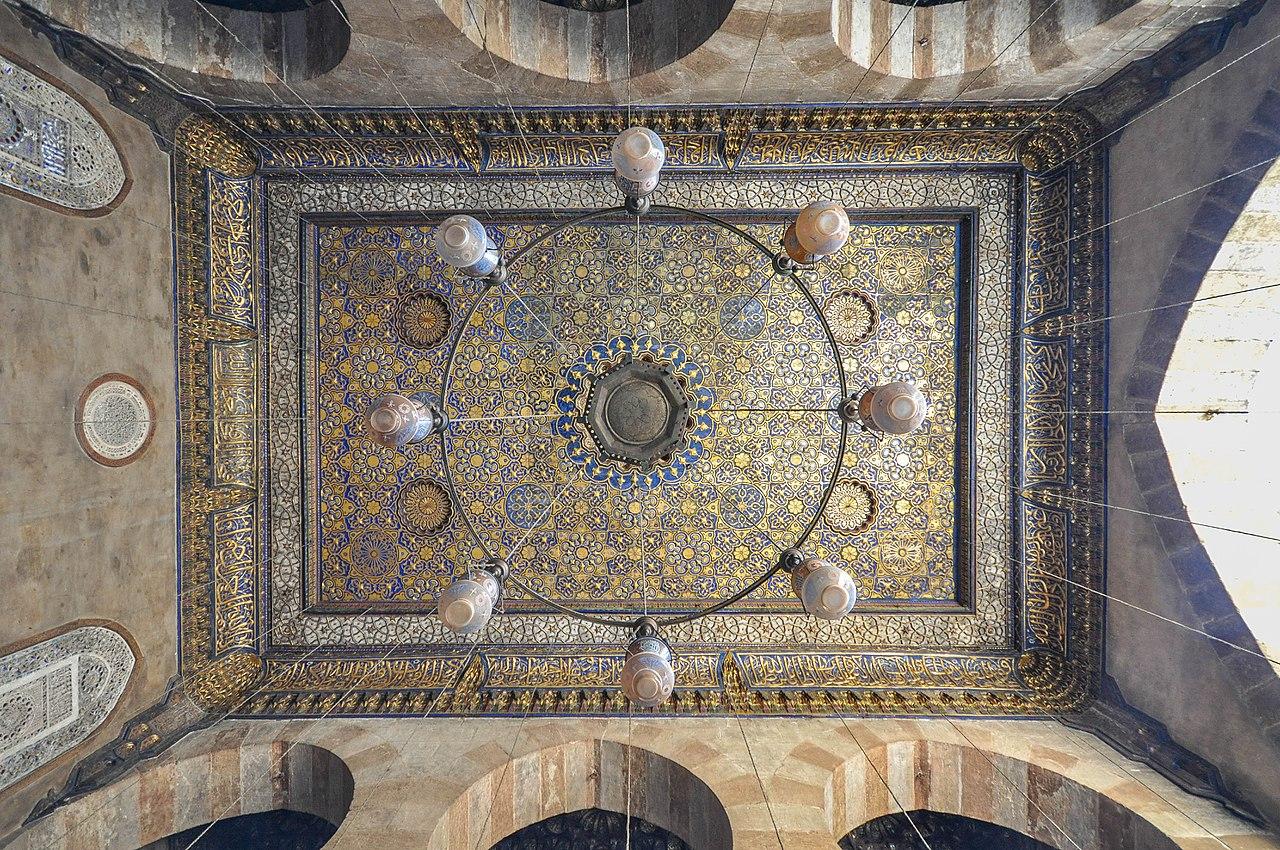Scholars see Leftist Take-over of Middle East Studies Centers in the United States
National Association of Scholars says MESCs 'play fast and loose with objective truth.'

Ceiling of the Mosque-Madrassa of Sultan Barquq.
Middle East Studies Centers (MESC) in the United States have strayed from their mission to objectively study the Middle East and Islam, according to a new report from the National Association of Scholars (NAS).
MESCs, which have received funds from the federal government, as well as foreign powers and individual donors, have been overrun by activist faculty, according to NAS.
Hijacked: The Capture of America’s Middle East Studies Centers is a new report by NAS on the history of the MESCs and how foreign donations associated with the centers flow into American universities.
The study centers were originally founded to study the politics, culture, and language of Middle Eastern nations. But the NAS believes that they have since shifted their focus to promote left-wing ideologies.
“Middle East Studies Centers today play fast and loose with objective truth,” said Neetu Arnold, a NAS researcher. “They instead focus on activism promoting anti-Western narratives and even push critical theory to K–12 educators.”
There are more than fifty MESCs at American universities. Eleven of these are designated National Resource Centers (NRC), which allows an MESC to receive federal funds. The NAS documents both federally funded NRCs and privately funded centers.
The NAS report suggests several reforms for the Middle East Studies Centers. These include subjecting public university foundations to Freedom of Information Act requests, strengthening and enforcing foreign gift reporting requirements, and ensuring university contracts with foreign nations are publicly accessible. We also recommend cutting federal funding of Middle East NRCs.
“The bias of these centers has been documented for years,” Neetu said, adding, “It’s time for taxpayers to be taken off the hook for these activist centers.”
NAS describes itself as a network of scholars and citizens committed to "academic freedom, disinterested scholarship, and excellence in American higher education."